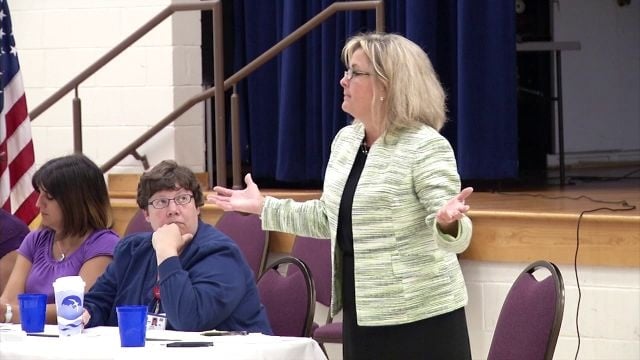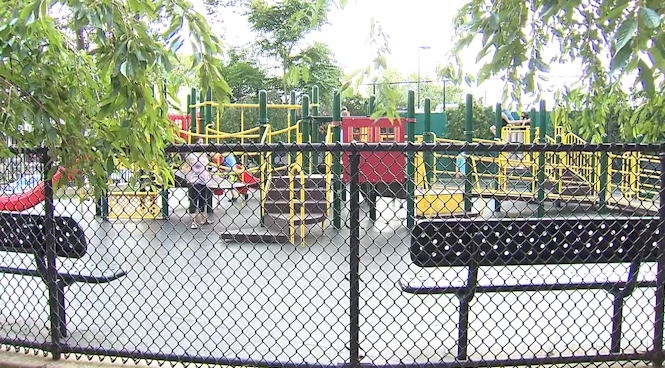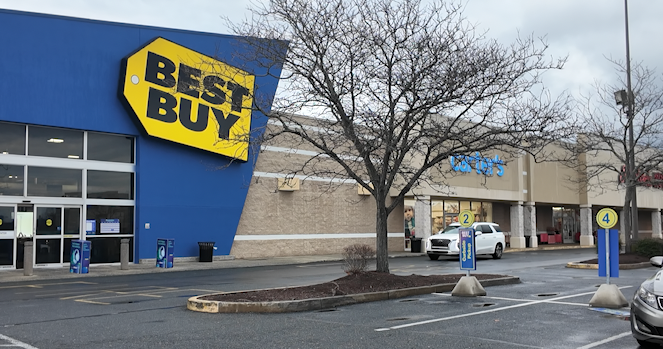Del. DOJ commemorates World Elder Abuse Awareness Day

June 15 serves as World Elder Abuse Day and to commemorate it, the Delaware Department Of Justice hosted a series of panel discussion in each county on Monday.
Christina Showalter, the Director of the Medicaid Fraud Control Unit with the Department of Justice, says there is not enough awareness on elderly abuse.
"We are with elder abuse and neglect where we were with child twenty years ago and domestic violence thirty years ago. It's not something that we think about." Says Showalter.
According to Showalter, of the six forms of elder abuse recognized by the CDC, financial abuse is the most common.
Reports from the National Center On Elder Abuse show Americans over the age of 60 lost around 2.9 billion dollars to financial abuse in 2009. Showalter explains one example is when senior citizens are targeted by phone scams.
"Our office puts out alerts through media and our website about scams when they are particularly reeled in or wide spread such as…"grand-mom, I'm stranded at the airport." Says Showalter. "They don't recognize the person's voice, but they have enough personal information to get that elderly person to send them resources."
She tells us these type of reports are investigated by the DOJ's Senior Protection Initiative, which is staffed with an attorney and up to five specially trained investigators. Many of the investigators are retired law enforcement officers.
One spoke at the elder abuse awareness panel in Georgetown on Monday. He asked 47 ABC to not reveal his identity but tells us phone scams are often the result of cold calls, where the suspect will choose a number at random.
He says because many seniors citizens suffer from dementia, they cannot tell if the person on the other end of the line is truly someone they know and in need of help or if it's a scam.
Cheri Will is a registered nurse at Beebe Medical Healthcare and told us dementia could also explain why the National Center On Elder Abuse finds for every one case reported, about five do not.
"I think having cognitive issues such as having dementia would lead to them looked at, or a fear of being looked at, as not credible." Says Will.
According to the National Center On Elder Abuse, there are a number of ways to prevent abuse from happening. Among them, include getting on the Do Not Call registry. Experts also say if you are offered a "prize", a loan, or an investment opportunity that sounds too good to be true, then it probably is.
If you do fall victim to a crime, we're told there is nothing more important than speaking up.
"You need to understand that if they did this to you…be it a family member or stranger, they're going to do this to someone else." Says Showalter.
For more information or help, there are a number of resources designed to aid adult and elderly abuse.
Delaware Department of Justice
National Adult Protective Services (DE, MD, VA)
National Council for Aging Care


